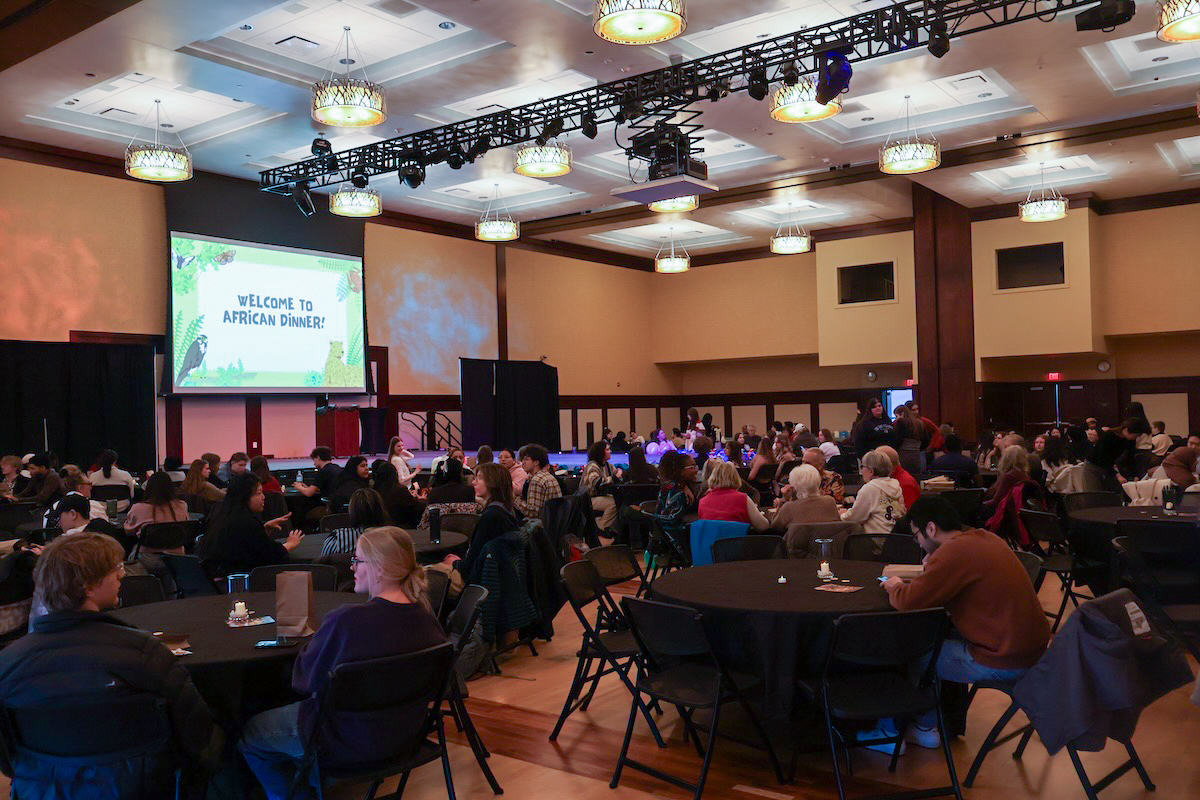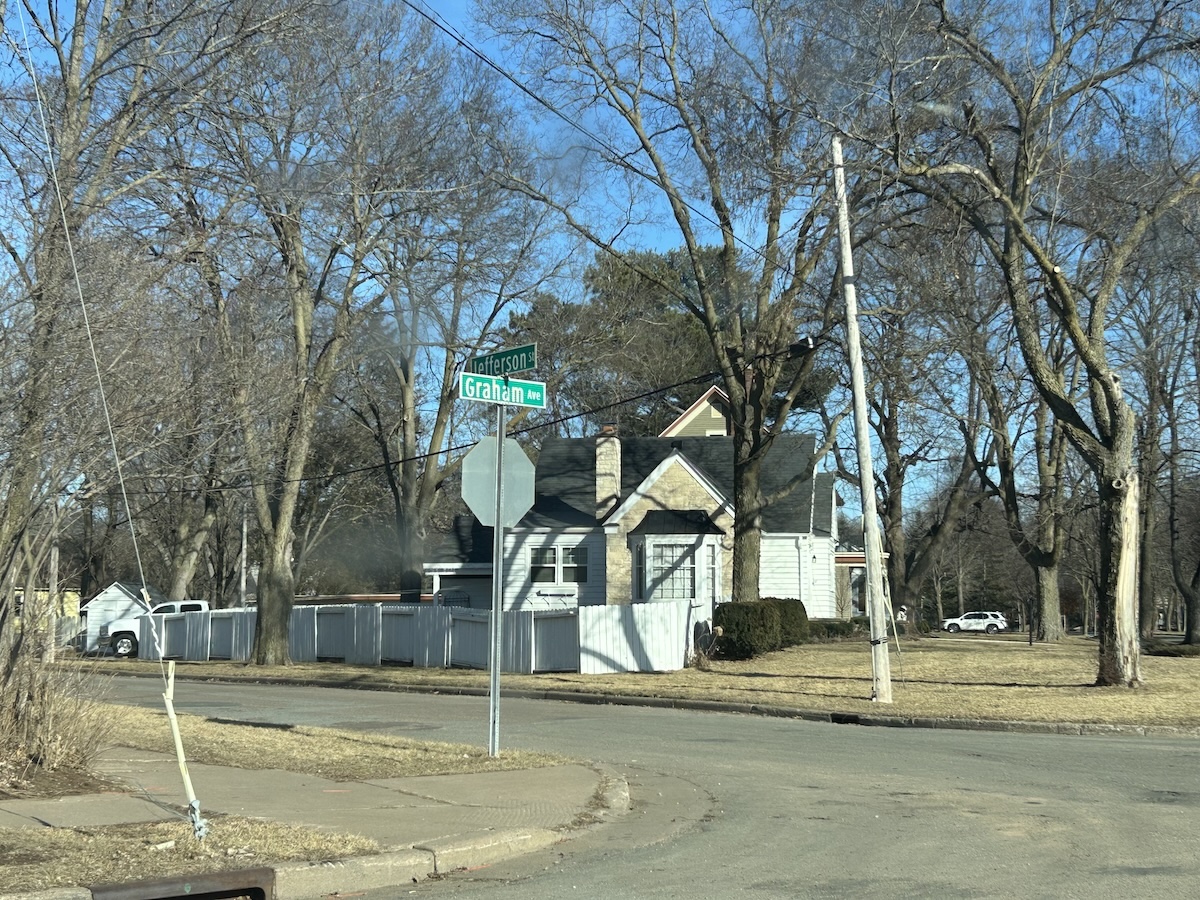The UW-Eau Claire Office of Institutional Research’s 2012-2013 Factbook lists Eau Claire’s current four-year graduation rate at 29.3 percent. While that number may seem low, it has increased by more than eight percent in the last seven years.
Associate Vice Chancellor Mike Wick said while the university is pleased with the improved four-year rate, there is still much work to be done.
“I think with comparable institutions, we ought to be in the mid-40s, and so that’s what we’re going to try to seek to do,” Wick said.
As of 2010, Eau Claire ranked fourth out of the 13 UW System four-year universities in four-year graduation rate. UW-Madison held sizable leads over the other 12 schools in four-, five- and six-year rates, while UW-La Crosse also had a higher rate than Eau Claire in the three categories.
Office of Institutional Research Director Andy Nelson said Eau Claire’s five- and six-year rates are in line with national averages. Nelson said the six-year rate is the most common measure of completion in national studies.
“What’s been more useful to us, at least in certain contexts, is looking at that four-year grad rate,” Nelson said. “We’re doing a decent job of getting them out in six years, but boy we’d sure like more of them to graduate in four years.”
The four-year graduation rate is further broken down into a time-to-degree figure as well. Time-to-degree numbers do not take into account students who do not finish school, whereas the regular four-year rate lumps together an entire freshman class and determines what percent of them finished in four years.
Eau Claire’s current time-to-degree rate is 4.64 years, or a little more than nine semesters.
Wick said the infusion of Blugold Commitment money in 2010 allowed for several changes aimed at increasing the four-year rate. The changes included establishing advising plans for students to map out their path to a four-year graduation; addressing course availability issues; and supplemental instruction for classes that have proven more difficult than most, among others.
Fifth-year senior and graphic design major Jenna Wiedmeyer said course availability was very limited when she came to Eau Claire in 2008. She said the university was set up heavily in favor of upperclassmen at that time. Despite things improving since then, she said the current curriculum makes it difficult to graduate in four years.
“I think it has to do with funding, availability of classrooms, the facility itself and all of those factors tying all together create a very limited amount of spaces per class that you can take,” Wiedmeyer said.
Wick said the vast majority of students are responsible for doing what they can to graduate in four years, including seeing their advisers and reviewing their degree audits. Director of Advising and New Student Initiatives Debbie Gough said she would support a plan to have students see their advisers before registering for classes beyond their sophomore year.
Currently, College of Business students are the only ones who must get a personal advising code after the first two years.
“We did a survey a while ago and most students actually agreed they should see advisers all four years, so I would be in favor of it,” Gough said.
Fifth-year senior Andrew Cook is an international business and human resources double major. Both programs fall under the College of Business, so Cook has had to get a PAC code before registering each semester. He said the increased advising time has been both a help and a hindrance.
“It’s nice to meet with your adviser just to touch base, but it’s really been a burden the last couple of years,” said Cook, who has worked between 30-40 hours a week at Ashley Furniture the past two semesters and has found it hard to schedule times to get his PAC code.
Gough said while four-year graduation rates need to improve, it should not be the goal for every student at the university. Whether students have a double major, are in a program such as accounting or education that naturally takes longer, or need to work long hours each week to pay for school, Gough said four years is simply unrealistic for some students.
Wick also said each student should evaluate their individual situation and not feel compelled to graduate in four years if it doesn’t make sense. He said some barriers, including decreased state funding for college, have made four-year graduation more difficult.
Students should not let staying a few semesters longer deter them from finding their passion during college, Gough said.
“If you get to be a senior, or more a junior, and you really don’t like the major you’re in, you’re better off switching,” Gough said. “I certainly wouldn’t want people to stick with a major just to graduate in four years.”
The numbers show Eau Claire has made notable improvement in its four-year rate. But officials like Wick and Gough said further improvements are necessary to allow students like Wiedmeyer and Cook a better chance to graduate in four years.







